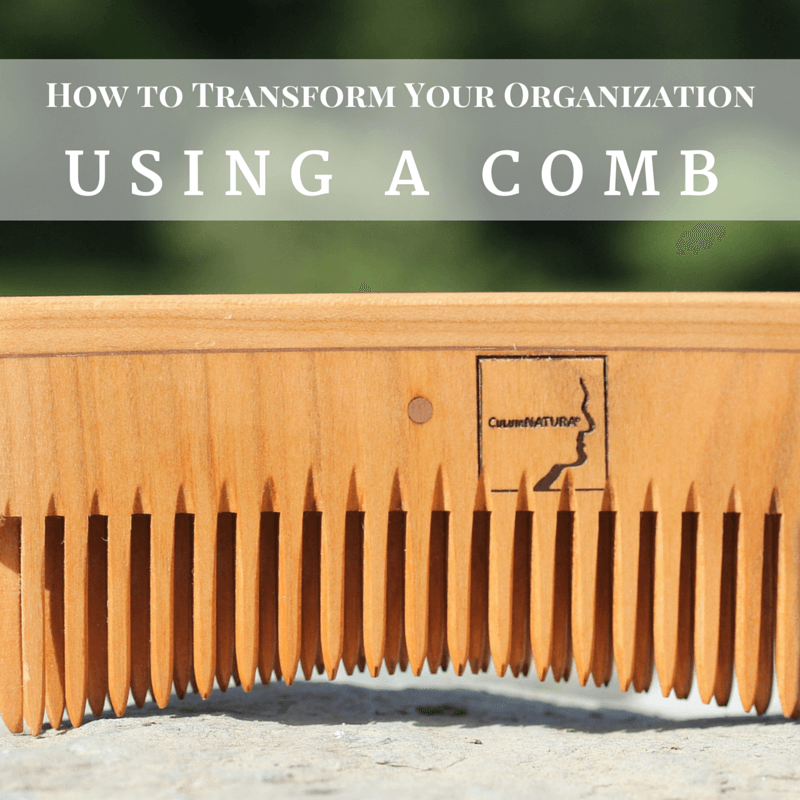Our human nature likes to label things. We classify something to create a relative context of what it is and is not. The next time we run into a similar thing, we already have a pretty good idea of what to expect.
While that works quite well for getting through the day – clearly that coffee maker is not a microwave – it creates risk of misidentification of people.
I recently read an article that introduced me to the concept of I- and T-shaped individuals in an organization.
Is there a choice between specialization and versatility?
For the most simplified description, individuals that are an “I” are deep specialists in a particular field. “T” individuals supplement that deep knowledge with some broad and shallow capabilities that allow them to partner across fields or functions.
My earliest work in technology exposed me to a lot of engineers. The “I” engineers would be the ones content to configure routers and monitor the network at night, bumping Marines off the net who were on sites they shouldn’t be.
The “T” engineers tended to be easier for a non-technical person to engage. While they were great at their core job, they had supplementary skills that made them great partners in the end-to-end delivery of services to our customers.
Being human by nature, I began evaluating myself relative to these labels and neither of them fit. What if you have a lot of breadth with some depth in many things?
In walks the “Comb.”
Supplement core skills with knowledge of varied disciplines
The comb is someone that has a strong base of knowledge across many disciplines. He or she can also gain some depth in many fields, technologies, etc.
Finally…I found my species.
I am often asked the key to my success as a project manager, and later in organizational development and transformation. My short answer is now “be a comb.”
Being a comb meant that I raised my hand for every opportunity. I learned anything and everything I could. I learned how to program macros, pull and terminate cable, negotiate and manage contracts, and create as-builts.
You name it, and I spent some amount of time working with subject matter experts learning about it.
What I also did was spend time building my core disciplines – project management and leadership.
Build credibility and take chances
What made me an effective project manager and leader was the ability to provide structure and discipline for the engineers, accountants, or other specialists. I brought them together to solve problems – knowing when and why to engage what experts.
Having spent time learning router configurations or binary and hex (never again, thanks), I also had credibility. I could speak their language and they had seen me put in the time to understand their world. It made it easier when I needed them to engage in mine.
Looking back over the last two decades, that early learning never stopped. Every role brings new businesses, technologies, or functions to learn. I keep raising my hand, jumping into each new opportunity with both feet.
The first step upon landing in a new role is always to look around for experts in the areas where I have gaps. It could be in the products and services the company offers, the particular types of technologies being implemented, or the marketplace we are operating in.
Learn new roles and new experts
In my initial role at my current company, it was the first time I had worked in large scale systems development. I was also unfamiliar with Insurance, other than what I knew as a policy holder.
Prior to that role, I had been a consultant. My normal ramp time was a few hours, before I had to make decisions and get teams moving towards our goal on the horizon.
In this new job, I was told that it would probably take a year to make informed decisions.
WHAT?
Looking around my team, I quickly found that I had three people with depth across the breadth of issues and opportunities we would face. We were working in financial systems, so one knew the accounting, one understood the customer, and the other knew the data.
It only took me a few weeks to start making informed and confident decisions about systems and processes that impacted over $7B in annual receivables.
Confirm assumptions and fill blind spots
A year or so into the job, two of the three specialists came to me with an idea. They said “we agree, which makes it two against one, so you have to go along with our idea.”
I let them make the pitch, and then told them no. They were so convinced they were right and couldn’t possibly be missing anything.
I knew exactly where their blind spot was, and asked them to come back once they had engaged the third expert.
A few hours later, chagrined but hopeful, they returned with an idea that had plugged the holes. And an increased awareness of why I always engaged the three of them to confirm my assumptions, address blind spots, and ensure we had a viable solution.
Continue to learn, regardless of label
Over a decade later, I still have plenty to learn. Year after year, I meet new experts. I still take the time to learn their language and understand opportunities and challenges through their eyes.
I don’t think of them as “T” or “I” individuals, just as the experts that I need to affect successful transformations. I certainly doubt they, or my leaders, see me as a comb. Yet I continue to supplement what I know and expand my ability to create change in any landscape.
Easy labels aside, to affect successful change outcomes, we need a blend of expertise and versatility. Comb individuals can be the connectors, aligning all the knowledge we need to achieve our goals and transform what is into what can be.
Do you see yourself as a T, I or comb? What is your perspective of the need for specialization or versatility? I’d love if you could share your thoughts in the comments and keep the conversation going.









